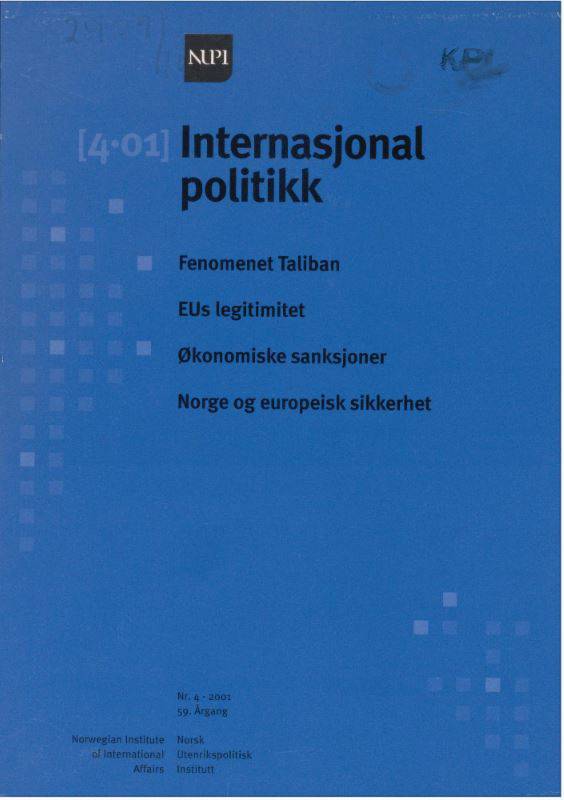The article (in Norwegian) presents a broad analysis of the Taliban movement in Afghanistan. The basic of the movement lies in network of traditional religious leaders and Islamic schools in Afghanistan and Pakistan. The Ability to build on existing on existing networks is seen as essential in explaining the mobilisation and rise to power of the Taliban. Other factors of significance are their emergence as the only existing alternative to a widely unpopular regime, and the broad support provided by various groups in pakistan. In parallel with this, we consider the deteriorating relationship between the Taliban and representatives of the international community, combined with the Taliban`s evolution into a more radical, repressive, and centralised movement with an increasing and strengthened network of relationships with international terrorist organisations. Understanding the rise of the Taliban will be an important basis for the debate on future political solutions for Afghanistan.
Harpviken, Kristian Berg & Arne Strand (2001) Fenomenet Taliban: Mellom lokalopprør og internasjonal politikk [The Taliban phenomenon: From local uprising to internationalized dispute], Internasjonal Politikk 59 (4): 445–472.








